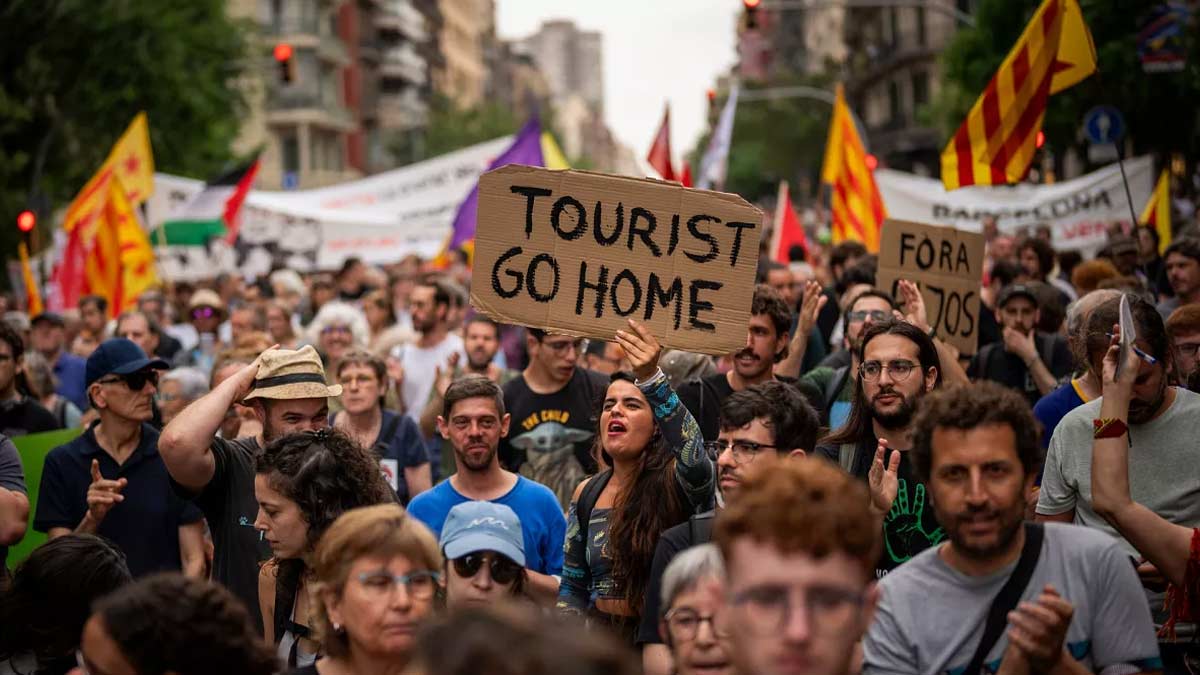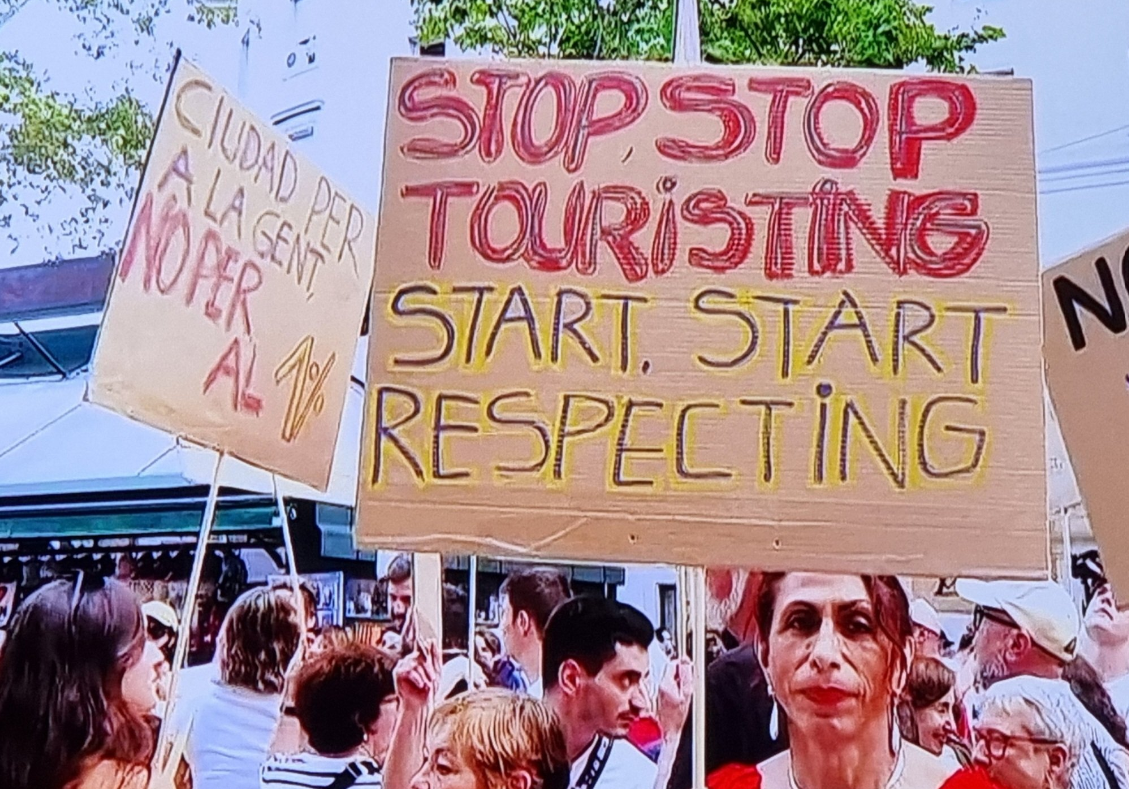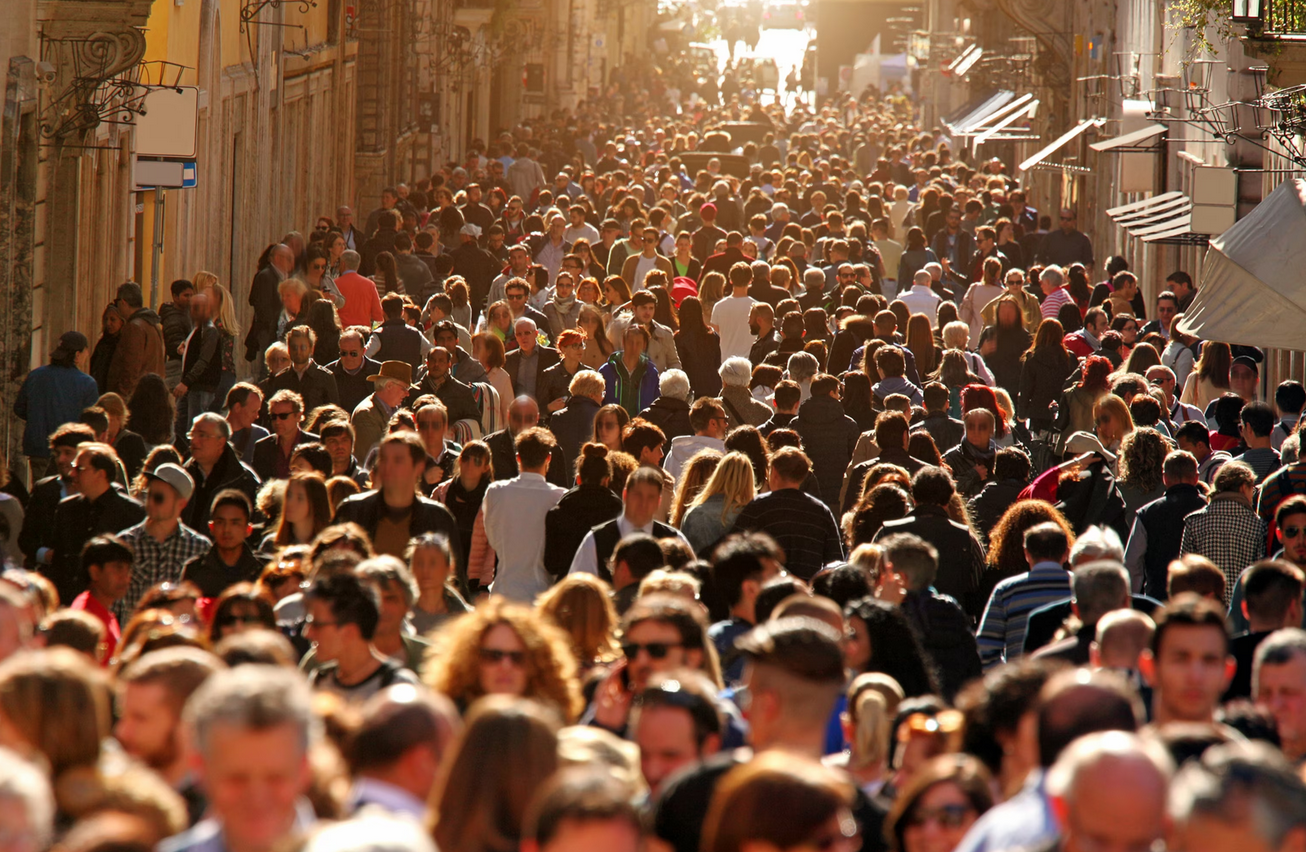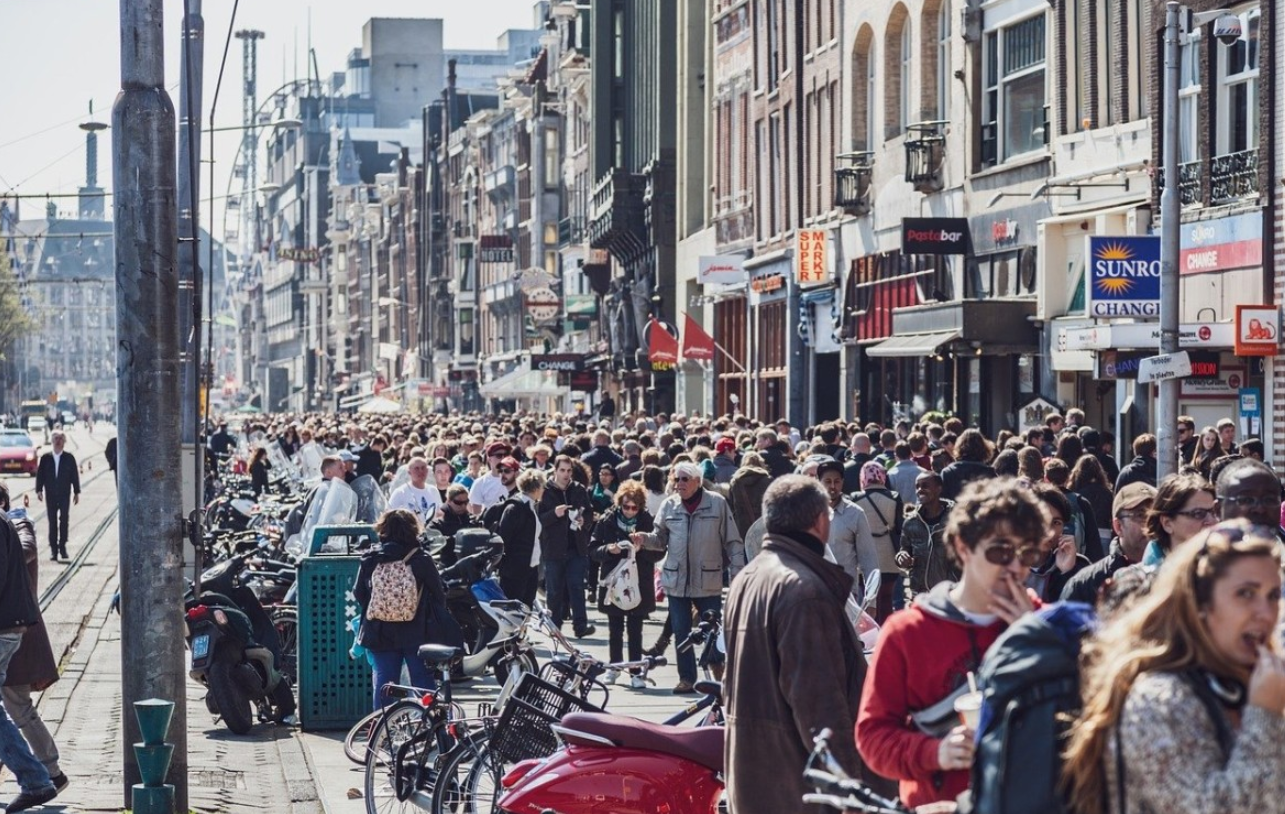
In the heart of Barcelona, a city known for its stunning architecture and vibrant culture, an unexpected scene unfolded last weekend. Thousands of frustrated locals marched through the bustling streets, armed with water guns and a clear message, "Tourists go home." This dramatic display of resistance against mass tourism has captured global attention, leaving many wondering what's driving this wave of discontent in one of Europe's most beloved destinations.
Decenas de miles de británicos colapsan la ciudad de Londres, en señal de protesta contra la 1sla mización y la llegada masiva de inmi grant3s ilega l3s.
— Edgar ✟🇪🇦 (@Edgar___es) June 1, 2024
¿Para cuándo en Madrid, Barcelona y en todas las capitales de provincia españolas? pic.twitter.com/kiiB9wPkaQ
According to Business Standard, the protest saw approximately 2,800 people flooding the city centre, their voices echoing through the iconic Las Ramblas district. "Barcelona is not for sale," read one placard, while demonstrators chanted, "Tourists out of our neighbourhood." But what's really behind this watery warfare?
Thousands of residents gathered in central Barcelona to protest against mass tourism, saying it has pushed the cost of rent and made the city unsustainable for people living there pic.twitter.com/L23UeXFY8g
— Reuters (@Reuters) July 7, 2024

At the core of the issue lies a phenomenon known as "overtourism." As reported by the local newspaper Catalan News, over 140 groups, including neighbourhood associations and housing activists, organised the march. These residents argue that the relentless influx of visitors has created a perfect storm of problems, skyrocketing living costs, soaring property prices, and a widening gap of social inequality.
"The tourist invasion has made it nearly impossible for locals to find affordable housing," explains Maria Rodriguez, a longtime Barcelona resident and protest organiser. "We're being pushed out of our own neighbourhoods, and it's time for our voices to be heard."
This latest protest is not a one-off event. According to Business Standard, it comes on the back of a major protest on June 8, in which some 3,000 youths hit the streets. The earlier march, led by left-wing youth groups, touched on everything from housing issues to environmental concerns.
The ripple effect of overtourism does not stop here. Similar protests have broken out across Spain, from the scorching Balearic Islands to the beautiful Canary Islands. In May, as many as 15,000 people came out in protest in Palma, Majorca, carrying banners that read "SOS Tourism" and "Let's save Majorca, foreigners out," reported Business Standard.
Don't Miss: Japan's New Travel Rules & Regulations: 5 Things To Know For A Smooth 2024 Trip

But what is overtourism? The concept, as coined by Freya Petersen in 2001, suggests that too much tourism may have a damaging impact on any given destination. Currently, this is a greatly nuanced issue not simply reduced to having too many tourists. According to Business Standard, it happens when tourist demand exceeds the carrying capacity of the host communities, often sparked by misgovernance and uncontrolled growth in the tourism industry.

Under such pressure, Barcelona's mayor, Jaume Collboni, has sought to set out ambitious plans for ending all short-term rentals by 2028 and reducing tourist apartments in the city. The Socialist housing minister of Spain supports such proposals, arguing that the real emergency is affordable housing.
Don't Miss: Why Japan Just Banned Tourists? A Fight For Culture, Crowd & Disrespect

A simple slashing of tourist numbers, however, will not solve the overtourism conundrum. Various publications highlight various strategies being implemented worldwide, from Amsterdam's ban on cruise ships to Lanzarote's shift towards "quality tourism." Some destinations are experimenting with demarketing, controlled access, and awareness campaigns to promote responsible tourism.
As the struggle continues, it's clear that addressing overtourism requires a multifaceted approach. "We need a balance," says Carlos Fernandez, a local business owner. "Tourism is vital for our economy, but not at the cost of our community's well-being."
The water guns may have been put away for now, but the message from Barcelona's residents remains crystal clear, tourism must evolve to respect local communities. As cities around the world wrestle with the same issues, all eyes are on Barcelona to see how they might achieve this delicate balance: making visitors feel welcome without strangulating local life.
Meanwhile, travellers to Barcelona might want to pack a raincoat, just in case.
For more such stories, stay tuned to HerZindagi
Herzindagi.com is Jagran New Media's gender and lifestyle vertical, catering to women of all age groups, helping them remain updated, on-trend and aware. To improve our performance and understand our readers' interests better, we have created this poll. This will take 2 minutes of your time, do help us out with this link.
Image Courtesy: X
Also watch this video
Herzindagi video
Our aim is to provide accurate, safe and expert verified information through our articles and social media handles. The remedies, advice and tips mentioned here are for general information only. Please consult your expert before trying any kind of health, beauty, life hacks or astrology related tips. For any feedback or complaint, contact us at compliant_gro@jagrannewmedia.com.